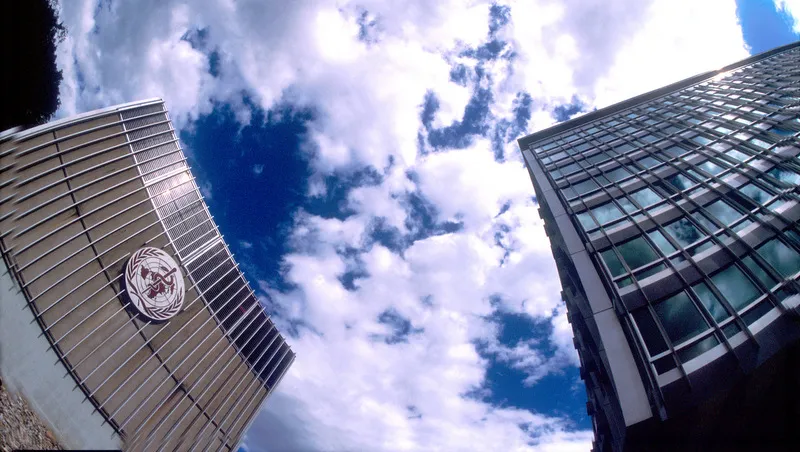
Source: Mariam Ileyemi

World Health Organisation (WHO) Headquarters in Geneva, Switzerland. Copyright : WHO/Pierre Virot
The World Health Organization (WHO) has issued an urgent warning about the escalating humanitarian catastrophe in Gaza, citing an alarming rise in starvation and malnutrition-related deaths amidst a collapsing health system and violent attacks on aid workers.
At a press briefing in Geneva, WHO Director-General Dr. Tedros Adhanom Ghebreyesus described Gaza as a “war zone” where 2.1 million people are facing not just bombs and bullets, but also the deadly threat of starvation.
Dr. Ghebreyesus reported that since 17 July, key facilities treating severe acute malnutrition have run out of supplies, and the situation has become increasingly dire. In 2025 alone, WHO has recorded 21 deaths of children under five due to malnutrition.
Global acute malnutrition rates in Gaza have surpassed 10%, while more than 20% of pregnant and breastfeeding women are suffering from severe malnutrition.
“Parents tell us their children cry themselves to sleep from hunger,” he said, describing the hunger crisis as being driven by a “collapse of aid pipelines and restrictions on access.”
Gaza’s 95% of households are also enduring severe water shortages, with access to clean water well below the daily minimum needed for drinking, cooking, and hygiene.
For nearly 80 days, from March to mid-May, Gaza received no food deliveries due to a full blockade. While food shipments have resumed intermittently, they remain insufficient to meet the basic needs of the population.
Distressingly, between 27 May and 21 July, local health authorities reported 1,026 people killed while trying to access food at distribution points, many of which have become hotspots for violence.
Meanwhile, nearly 90% of the land in Gaza is under evacuation orders or militarized, drastically limiting safe areas for civilians and aid delivery.
The WHO chief stated that Gaza’s healthcare system is in ruins. “Hospitals, which should be safe havens, have regularly been attacked and many are no longer functioning,” Dr. Ghebreyesus said.
Even operational hospitals are barely functioning due to repeated attacks, fuel shortages, critical supply gaps, and limited humanitarian access.
In a shocking revelation, Dr. Ghebreyesus reported that on Monday, WHO personnel came under fire in Deir al-Balah, and the staff residence was attacked.
“Israeli forces entered the premises, forcing women and children to evacuate amid active conflict. Male staff and relatives were handcuffed, stripped, and interrogated. One colleague remains detained, and we demand his immediate release,” he said.
In the same attack, WHO’s main warehouse housing vital medical supplies was severely damaged, further crippling aid efforts.
“The WHO’s operational presence in Gaza is now compromised,” he warned, adding that this severely limits the organization’s ability to support the few remaining functioning health facilities.
Despite the dangers, Dr. Ghebreyesus said WHO and other UN agencies are committed to remaining in Gaza. He issued a renewed call for the protection of UN personnel, civilians, and healthcare infrastructure, along with the unimpeded flow of aid and the unconditional release of hostages.
The WHO chief also drew attention to worsening conditions in Syria, particularly in As-Sweida, where humanitarian access is limited and hospitals are struggling with severe shortages of staff, electricity, and supplies.
He expressed concern over attacks on healthcare facilities and personnel, reiterating that health care must never be a target.